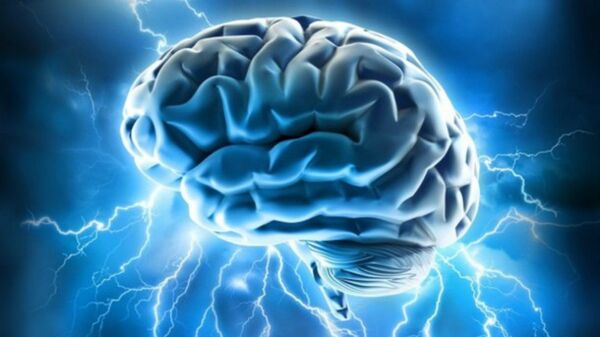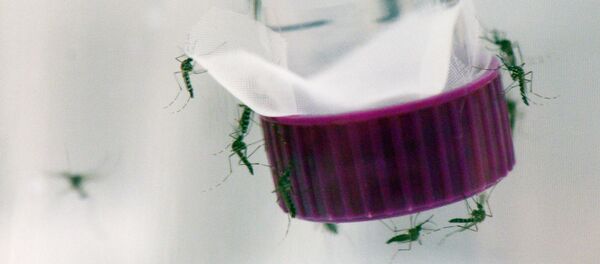The announcement was made at the annual American Association for the Advancement of Science meeting in Washington. In a very simplified explanation, the mini brains can be considered small globules of organic matter that act like certain aspects of a human brain. Complete with electrical pulses, just like those that occur in human brains, these globules could help scientists find cures for a long list of serious diseases.
"You can do endless things with this, you can study stroke, you can study infections," said Hartung, who led the team that developed the mini brains. "At the moment we are exploring opportunities, for example, to study the Zika virus…which hits brains of a developing embryo. That's exactly what our model is reflecting. So this is an exciting opportunity to look into viral infections."
According to Hartung, there are countless possibilities for how this discovery could help in testing new cures for various ailments.
By using the globules in tests to study electrochemical reactions to various stimuli, including chemical, pharmaceutical researchers would get more realistic results, Hartung claimed, adding that everybody has different genes, and human brains grow differently and behave differently to chemicals. You can't always give one person the same drugs you gave to another, he stated, suggesting that this is what makes the discovery so important, that the mini brains can be produced from anybody.
"This is not a treatment, this is a tool for finding drugs or for understanding a disease," Hartung said. "But the big advantage is that we are producing this from skin cells originally, which means we can also take a patient with Alzheimer's, or a patient with Parkinson's, and have brains which have the genetics of the disease. So we can study much more realistically the development of the disease and find drugs which really help those who have a genetic defect, and are not made for everybody."
The development is also seen as a means to end animal testing.
According to Hartung, 95% of all drugs tested on humans fail because the results of research using animals causes scientists to make the wrong choices.
Further experimentation is required, Hartung said, expressing hope that soon anybody will be able to order mini brains and get them by postal service in a week, thereby speeding the process of research.





